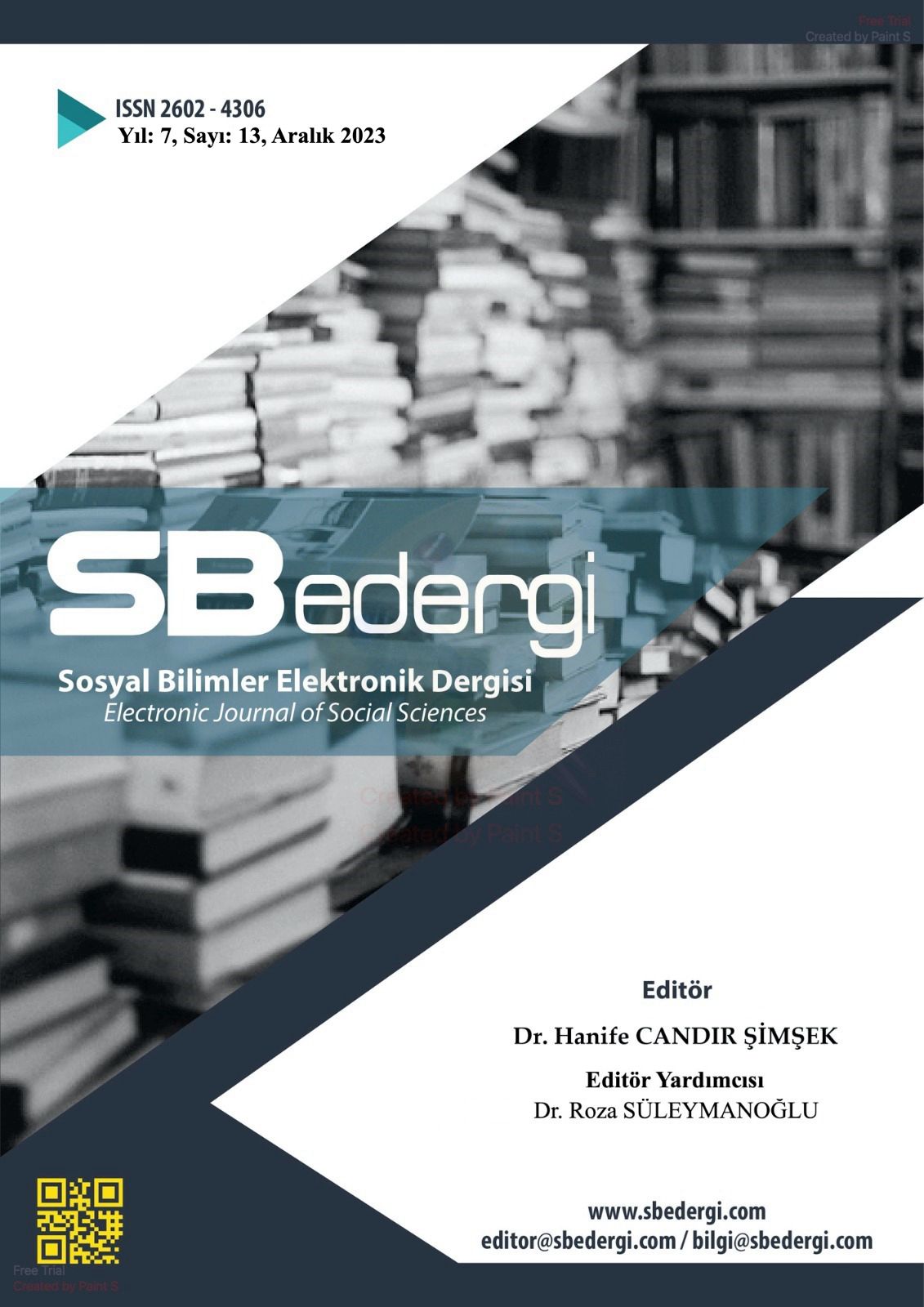SORGULAMAYA DAYALI EĞİTİM YAKLAŞIMININ 5. SINIF ÖĞRENCİLERİNİN FENE YÖNELİK TUTUM, MOTİVASYON VE KAYGILARI ÜZERİNE ETKİLERİ
Author :
Abstract
Bu çalışmada, Fen Bilimleri dersinde sorgulamaya dayalı öğrenme yaklaşım uygulamalarının 5. sınıf öğrencilerinin fen bilimleri dersine yönelik tutum, motivasyon ve kaygıları üzerine etkisinin ortaya çıkarılması amaçlanmaktadır. Araştırmanın çalışma grubunu 2020-2021 eğitim-öğretim yılı Güneydoğu Anadolu Bölgesinde bir devlet ortaokulunda öğrenim gören 5. sınıf öğrencileri oluşturmaktadır. Nicel araştırma yöntemlerinden tek grup ön test ve son test kontrol yarı deneysel desen kullanılan çalışmada, veri toplama araçları olarak Fen Dersi Tutum Ölçeği, Fen Öğrenmeye Yönelik Motivasyon Ölçeği, Fen ve Teknoloji Dersi Kaygı Ölçeği kullanılmıştır.
Araştırmada sorgulamaya dayalı eğitim yaklaşımının kullanıldığı grubun Fen Dersi Tutum Ölçeği puanları incelendiğinde, grubun da son test ortalamalarının ön test ortalamalarından yüksek olduğu belirlenmiştir. Cinsiyet, anne ve baba eğitim düzeylerinde anlamlı bir farklılığa rastlanmazken, önceki yıla ait fen bilimleri karne notunun orta ve pekiyi puan ortalamalarına sahip öğrenci grupları arasında istatistiksel olarak anlamlı bir farklılık olduğu belirlenmiştir. Fen Öğrenmeye Yönelik Motivasyon Ölçeği puanları ve Fen ve Teknoloji Kaygı Ölçeği puanları incelendiğinde, öğrencilerin son test puanlarının ön test puanlarına göre artış gösterdiği belirlenmiştir. Bunun yanı sıra sorgulamaya dayalı yaklaşım ile öğrenim gören öğrencilerin ön test ve son test puanları arasında son test lehine anlamlı bir fark bulunmuştur. Cinsiyet, önceki yıla ait fen bilimleri karne notu, anne ve baba eğitim düzeyleri değişkenlerinin motivasyon puanları ve kaygı puanları üzerinde anlamlı bir farklılığa neden olmadığı belirlenmiştir.
Keywords
Abstract
This study aims to investigate the effects of inquiry-based learning approaches in the Science course on 5th-grade students' attitudes, motivation, and anxieties towards science. The study group consists of 5th-grade students attending a state middle school in the Southeastern Anatolia Region during the 2020-2021 academic year. The research utilized a quasi-experimental design, specifically a single-group pretest-posttest control design, which is a quantitative research method. The data collection instruments used in the study were the Science Attitude Scale, Science Motivation Scale, and Science and Technology Anxiety Scale.
When examining the scores on the Science Attitude Scale of the group that used inquiry-based learning approach, it was determined that the posttest averages of the group were higher than the pretest averages. No significant differences were found in terms of gender and parents' education levels, while a statistically significant difference was found among the student groups with different levels of previous year's science grades. When analyzing the scores on the Science Motivation Scale and Science and Technology Anxiety Scale, it was found that the students' posttest scores increased compared to their pretest scores. Additionally, a significant difference in favor of the posttest scores was found between the pretest and posttest scores of students who received instruction with the inquiry-based approach. Gender, previous year's science grade, and parents' education levels were found not to cause a significant difference in motivation scores and anxiety scores.





